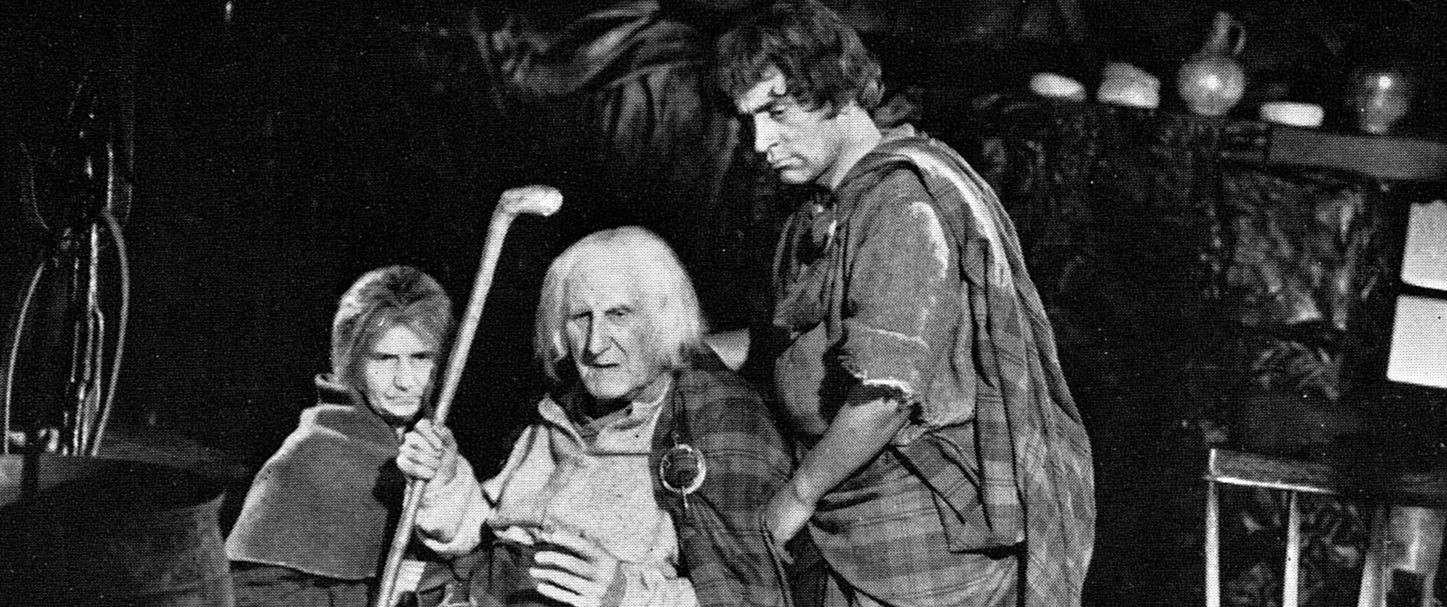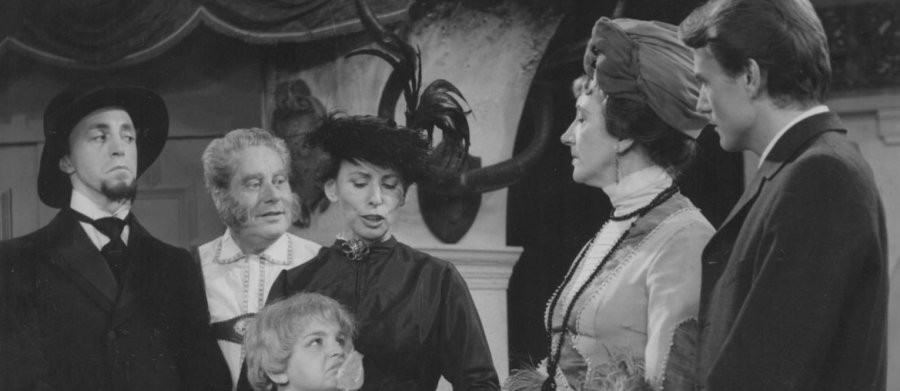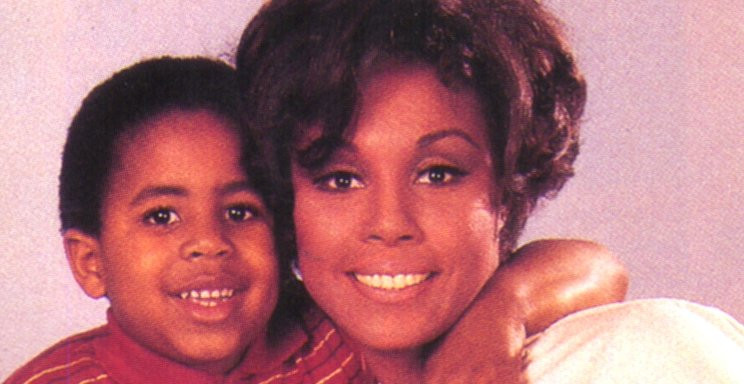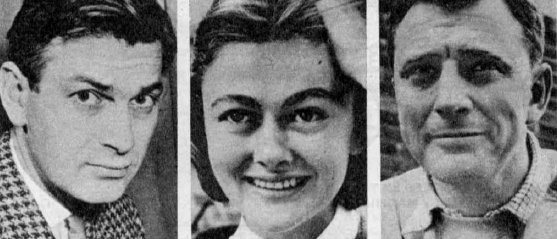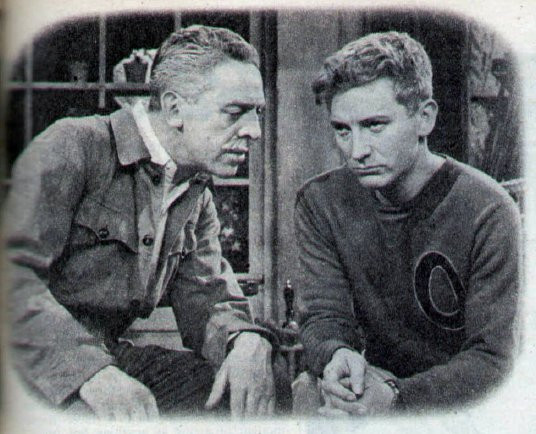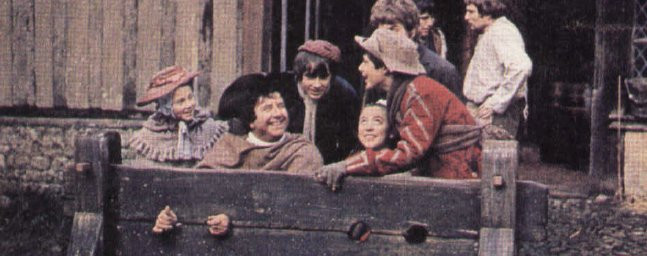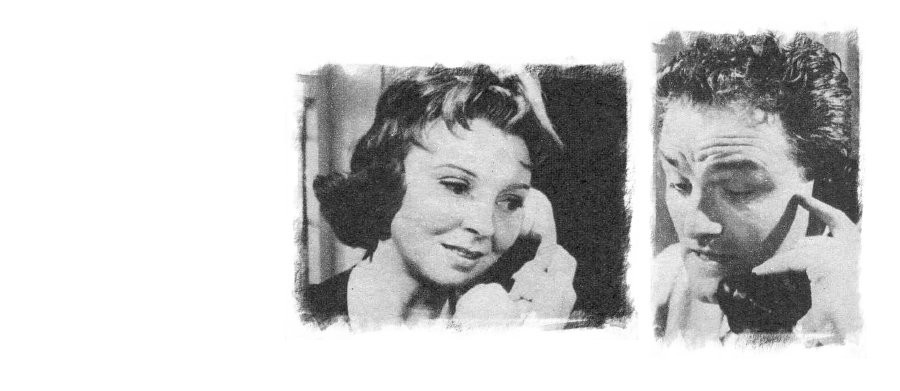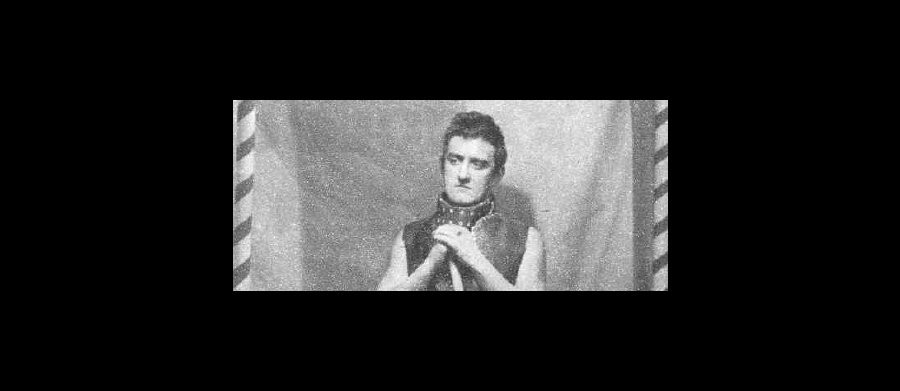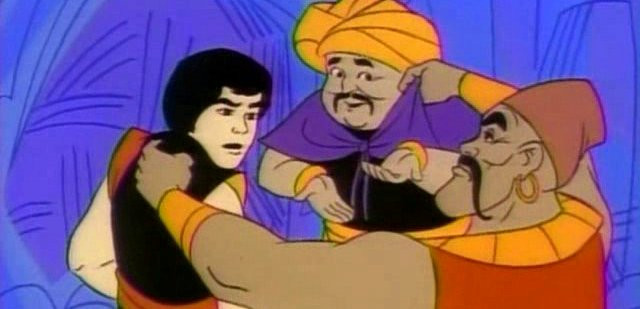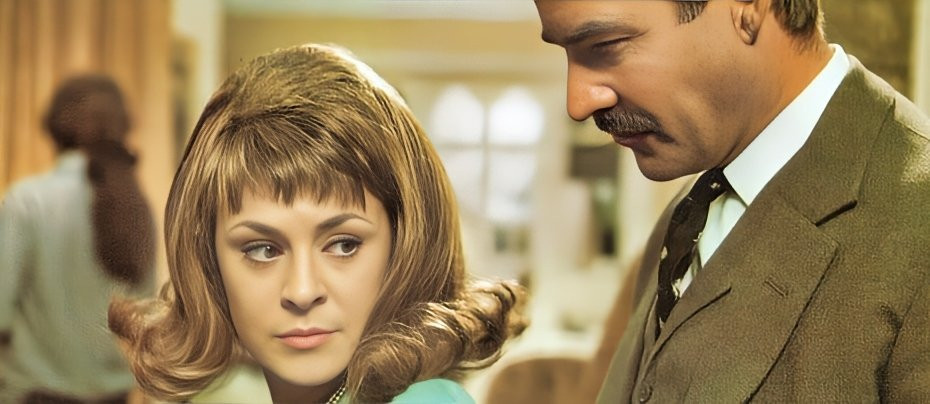
Daddy Kiss It Better
1968 - United KingdomDaddy Kiss It Better was a single television play about Ken and Monica, a constantly-at-war married couple. The play’s turning point is when Ken leaves his wife and squalling children. He walks away, but as he does so he begins to see the world he has turned his back on in a different light.
The author of the play was Peter Nichols who would go on to be recognised as "An utterly remarkable, provocative, searingly honest and surprisingly heartbreaking playwright," (writer and director Steven Unwin writing on Twitter) and “one of British theatre's greatest writers of the last 60 years,” (Sir Howard Panter – September 2019). Yorkshire television put their trust in him as Daddy Kiss It Better was their first drama production that aired on the channel’s opening night of Monday 29 July 1968. It was also Yorkshire’s first fully networked broadcast, appearing in a turbulent period for British television which faced, arguably, its biggest shake-up of the ITV network. It was the last night of broadcasting for Rediffusion (Thames Television taking over the following night), Granada lost much of its territory (to Yorkshire), LWT began broadcasting at the weekends in London, and Harlech, later to rebrand as HTV, took over the service in Wales and the West. And yet, despite the shake-up, it was a golden age for British television.
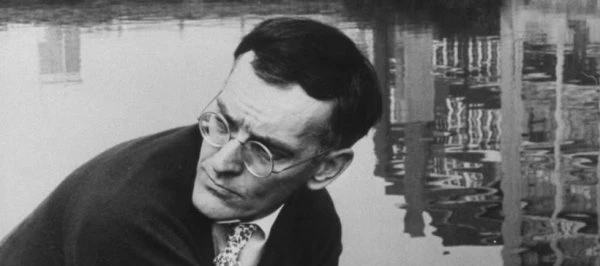
Peter Nichols had written his first two original plays for the small screen in the early 1960s. Born in Bristol in 1927, he received his education at Bristol Grammar School. After serving his compulsory National Service in the British Army’s Combined Services Entertainment Unit in Singapore, where he entertained the troops alongside John Schlesinger, Stanley Baxter, Peter Vaughan, and Kenneth Williams, he pursued acting studies at the Bristol Old Vic Theatre School. He later revealed that he chose acting because there were no dedicated courses for playwrights. While working as a teacher, he ventured into writing television plays submitting his work to local theatres and the BBC. The BBC did not respond but Promenade and Ben Spray were broadcast in 1959 and 1960 respectively; both made by Granada. His debut play for the stage was The Hooded Terror, which premiered as part of a season of new plays at the Little Theatre in Bristol.
In 1966, he wrote A Day in the Death of Joe Egg, a play that centres on a British couple, Bri and Sheila, who are struggling to save their marriage while trying to raise their only child, a small girl named Josephine, who suffers from cerebral palsy and is confined to a wheelchair and unable to speak. Joe Egg was based on Nichols’ own experience of raising a daughter with disabilities (she died aged 11), but no playwright had previously tackled the subject. It premiered in Glasgow’s Citizens Theatre in January 1967 and won a glowing and powerful review in The Scottish Guardian before opening in London's West End and transferring to Broadway the following year, where it was nominated for four Tony Awards. It was filmed twice, firstly in 1970, though it was not released until 1972, then again in 2002 as a television movie - Nichols writing the screenplay on both occasions.
Daddy Kiss It Better was Nichols’ fourteenth play for television and, according to the man himself, was written in a month on a farm in Theale, Somerset. In a TV Times interview Nichols admitted that Daddy Kiss It Better was another “observant look” at his family. “They’re my inspiration,” he said. “Each of my plays is a sort of continuing story of St. Matthew’s Road, Cotham” (where he lived). The play opens with Ken (Michael Craig) storming out of the family home and Monica (Dilys Laye) throwing his raincoat out. In a show of defiance, Ken leaves it where it falls and the audience is immediately drawn into their lives together. The play then takes on a retrospective composition, seen through the eyes, thoughts and emotions of Ken as he walks about, sits in the park and remembers.
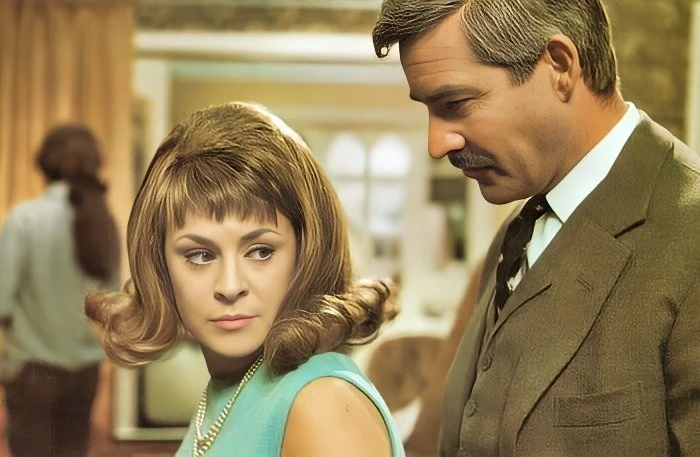
There have been a good many incidents in their marriage when separation seemed inevitable. When the children hampered his and Mons’ style. When she wallowed in her intellectual inferiority. When Ken’s sister had criticised their bickering. When he spent too long in the pub. He remembers their holiday in France, family games in the park, and family crises that they somehow managed to get through. And he wonders if the root of their troubles isn’t monogamous marriage.
Interestingly, the TV Times article reveals much about the writer’s life and the parallels are clear to see. Nichols wrote every day from 9.30am to lunch time, locked away in his attic office in total silence for this was the only way he could work. He could not stand noise or interruption. Asked if, with three children at home did he always achieve this peace and quiet he replied, “Of course not!”
“This is what Daddy Kiss It Better is all about,” he said. “Things you must sacrifice for your kids. If you can observe and accept them with a sense of humour, you simply can’t lose. Nothing should take away your ability to see the funny side of a situation no matter how irritating or horrific it might be. I think this is how I work. I’m neither a passionate nor a good enough thinker to be much else.”
Nichols’ other screen work of the era included the Dave Clark Five movie Catch Us If You Can and the four-times Oscar-nominated Georgy Girl. His next stage outing, the hospital-based comedy The National Health (1969), confirmed his status as one of the UK’s most in-demand playwrights. 32 stage plays, 25 television plays, 11 films, seven novels, an autobiography, a collection of poems and a book of his diary entries. Not bad for someone who considered himself to be not much of a thinker.
Seen this show? How do you rate it?
Seen this show? How do you rate it?
Published on May 26th, 2024. Written by Laurence Marcus for Television Heaven.


